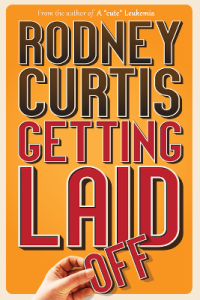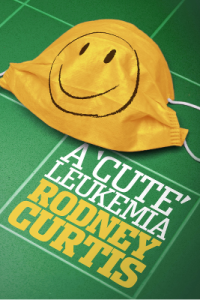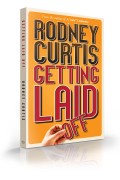I hate finishing books. I know this isn’t a new, revelatory thought — many avid readers hate it when a particularly good book comes to its close — but I think there’s something inherent in all of us that doesn’t want a good thing to end.
Zen Buddhists say some things, while pleasant, are tied up with suffering, since one is afraid to lose them. When it comes to books I enjoy reading, this sums it up perfectly.
I just closed the pages, for the final time, on J.K. Rowling’s first adult fiction book, The Casual Vacancy. In the beginning, I had a tough time weeding through all the myriad characters she introduced; not one of ‘em could so much as cast a simple Wingardium Leviosa spell.
It took me a little longer than normal to get into the book. SPOILER ALERT: it didn’t start with a motorcycling Hagrid rumbling out of the sky. In fact, the entire book was filled with mundane Muggles, just going about their business in the most usual of ways. At first, that felt somewhat, I don’t know, non-magical. But given the fact that it was her ladyship what wrote it, I was willing to invest my time getting to know her creations. As her characters grew flesh and bones, I began to enjoy the ordinary, everyday people, warts and all.
She writes about an average, albeit fictitious English town, although the characters are as real as my own family and friends (too real, in some spots). The personalities she imbues her creations with are heartbreakingly normal. At first I couldn’t even find a protagonist. I had to eventually ask our good buddy Helen — who teaches university English — who the main character or hero might be. It wasn’t an easy answer; that’s how multilayered the story is. When you don’t know exactly who you’re supposed to be following, it’s either an example of really bad writing or perhaps, just maybe, it’s exceptional writing.
Who wants to read a book — a fairly large one at that — about a group of ordinary townspeople, bickering about city council issues (unless, of course, it’s about your own town and its former homophobic mayor)? Even the title of the novel refers to a relatively arcane bit of British rules of order; when a council position is vacated mid-term, it explains how to fill that “casual vacancy.” Sounds pretty darn boring, eh?
I’m still thinking about several of the characters, even though I know they only exist in J.K. Rowling’s brain. I want to meet them, get to know them, find out more about their lives. Some of them are good at heart, some are weasels. But you may not really know any of them as truly as you think you do. Or maybe you do. That’s part of the fun. The BBC agrees with me; they have plans to film the book as a series. (Think Trainspotting meets Downton Abbey. Wait, don’t really think that).
One younger character strives to live his life with complete and total authenticity. And it’s obvious that the author has taken this doctrine as gospel throughout the book. This is a pretty raw work of fiction; no punches are pulled. You have to get outside of your head sometimes and forcefully forget that the beloved Harry Potter creator wrote it.
Reviewers have called it darkly comic or comically dark. I don’t believe that sums it up, but it’s a good start. There are battles throughout the book. The whole storyline is about the battles people face, not just in small towns but everywhere, really. Rowling’s deep humanitarianism and her passion for the downtrodden are vey evident here.
Like other wonderful books I’ve read this year —most notably The Night Circus and The Magicians — I wished for more when I was finally finished. During this frigid January, it’s a great book to fly through, and I don’t mean on broomsticks.






